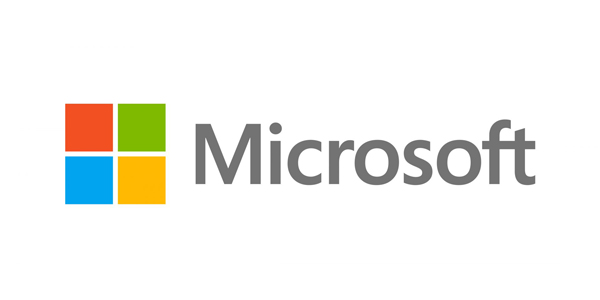
































Microsoft and the AFL-CIO union federation (American Federation of Labor and Congress of Industrial Organizations) have announced a new partnership to address the impact of AI on workers. This partnership, the first of its kind between a labour organisation and a technology company, aims to create an open dialogue and ensure that workers' voices are included in the development and implementation of AI.
1. Sharing AI trends with labour leaders:it will involve sharing in-depth information on AI technology trends with labour leaders and workers. Microsoft will provide formal learning opportunities facilitated by AI experts, offering critical information and insights on the evolution of AI. The partnership will initiate learning sessions by the winter of 2024, subsequently complemented by on-demand digital resources. Simultaneously, Microsoft will collaborate with the American Federation of Teachers to investigate potential joint opportunities in career and technical education.
2. Incorporating worker perspectives in AI development:the partnership will incorporate worker perspectives and expertise in developing AI technology. A mechanism has been established for labour leaders and workers to share experiential insights, concerns, and feedback directly with the people responsible for developing AI. This collaboration will focus primarily on unions and workers in selected sectors, starting with Microsoft-hosted labour summits. These summits will unite labour leaders, workers, and key AI product developers, researchers, and business leaders to co-design and develop 'worker-centred technology.'
3. Shaping public policy for worker skills:the partnership aims to shape public policy that supports frontline workers' technology skills and needs. The AFL-CIO and Microsoft will propose and support policies that equip workers with essential skills, knowledge, and economic support to thrive in an AI-powered economy. The upskilling process will include supporting registered apprenticeships, particularly in non-traditional tech occupations, and advocating for Career and Technical Education funding. They will also tailor AI curriculum content to specific sectors most impacted by AI.
Both partners recognise that AI has the potential to enhance workers' jobs if used to augment work rather than replace workers. However, there is a concern among workers about being replaced by AI. Polling by the AFL-CIO revealed that 70% of workers worry about being replaced by AI. Meanwhile, a recent Microsoft study found that 70% of workers would delegate work to AI to reduce their workload. The partnership aims to give workers a voice by involving them in AI development, understanding their needs to address these concerns, and ensuring that workers are at the centre of the AI-assisted future.
 Tags quentes :
Inteligência artificial
Futuro do trabalho
Tags quentes :
Inteligência artificial
Futuro do trabalho